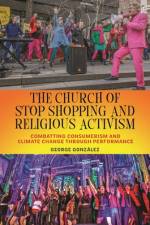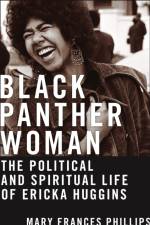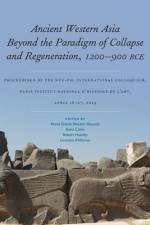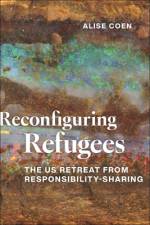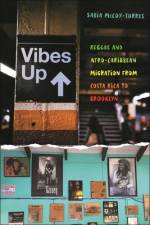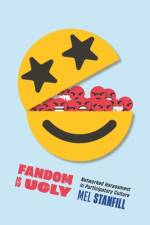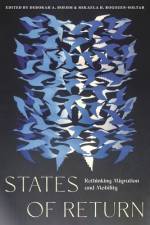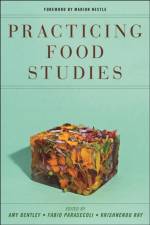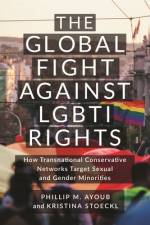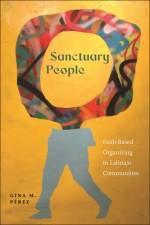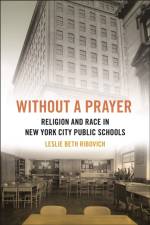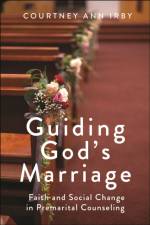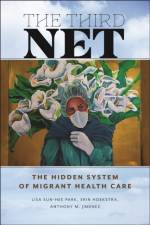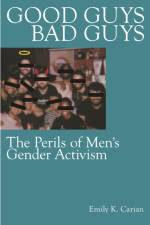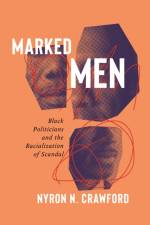- Ferment, Intoxicants, Jelly, Rot
av Kyla Wazana Tompkins
351 - 1 017
How deviant materials figure resistance Yeast ferments, gelatin jiggles, drugs and alcohol froth and bubble, and flesh from animals and plants actively molds and rots. These materials morph through multiple states and phases, and their movement is imbued with a liveliness that is suggestive of volition. Deviant Matter examines four aesthetic and material categories-- gelatinousness, fermentation, putrefaction, and intoxication--to theorize how the modern state seeks to manage deviant populations across multiple scales, from the level of the single cell up to the affective and aesthetic imperatives of the state and its bureaucratic projects. Kyla Wazana Tompkins deploys a new materialist engagement with the history of race and queer life, making an argument for queer of color method as political and disciplinary critique. Deviant Matter delves into a vast archive that includes nineteenth-century medical and scientific writing; newspaper comic strips and early film; the Food and Drug Act of 1906; the literature of Martin Delany, Louisa May Alcott and Herman Melville; and twenty-first century queer minoritarian video, installation, and performance art. Drawing from the genealogy of Black feminist and queer of color critique, in Deviant Matter rot, jelly, ferment and intoxicating materials serve as figures for thinking about how matter, art, politics, and affect can be read across multiple scales, ranging from the intimate and molecular everyday to the vast print production and inner workings of the state. Tompkins demonstrates that we are moved by our encounters with the materials in Deviant Matter, producing feelings and sensations that she links to a system of social value where these sensations come to be understood as productive, exciting, disgusting, intoxicating, or even hallucinatory. Moving through multiple states and phase changes, falling apart and reforming again, ferment, rot, intoxicants and jelly energize and choreograph both themselves and human behavior. At the same time, these materialities come to signify exactly those populations whose energy escapes the extractive efforts of capitalism and the state.



